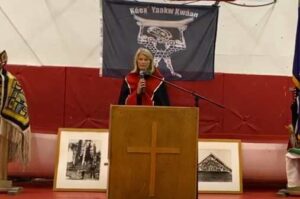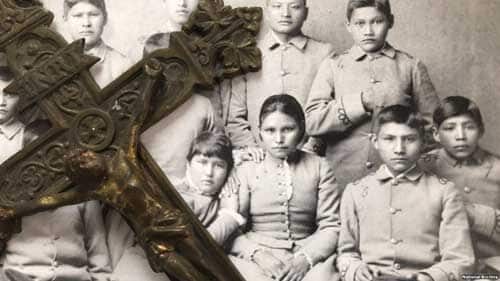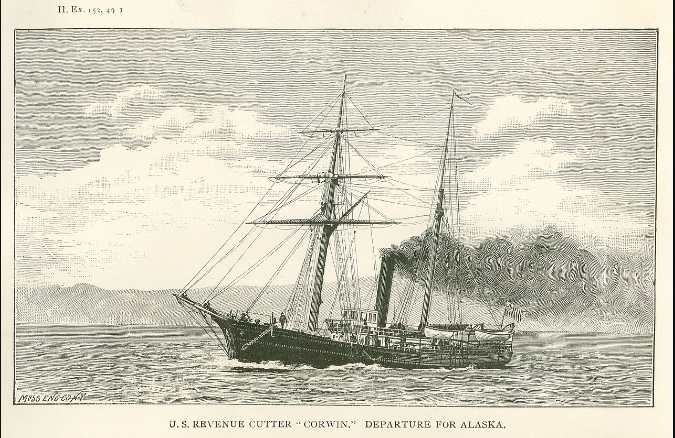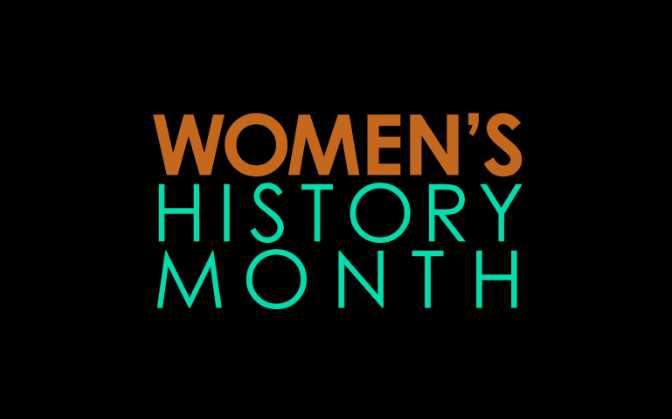
WASHINGTON, D.C. – U.S. Senator Lisa Murkowski (R-AK), Vice Chairman of the U.S. Senate Committee on Indian Affairs, attended and spoke at a ceremony in Kake, Alaska, where the U.S. Navy formally apologized for bombarding the Alaska Native village of Kake, Alaska in 1869.
Senator Murkowski has advocated for this formal apology for many years. She has heard directly from the leadership of the respective villages and clans about the pain and suffering that was inflicted on the Tlingit people by this bombardment and how, generations later, it continues to affect the community. This formal apology is long overdue but marks the start of healing for the community.
“It was incredible to be present at this ceremony to witness the United States military’s historic apology for the devastating 1869 bombardment of Kake. I have heard for many years how the people of Kake have not been able to heal from the trauma of the Navy’s attack. Families have shared the stories of the destruction, which led to deaths among children and elders. These families have had to live with that sadness and unresolved trauma for too long,” said Senator Murkowski. “One of the cultural values the people of Kake carry is spiritual and cultural balance. When trying to find that balance, apologies need to be made, to say ‘I am sorry, we failed you.’ While far overdue, it is appropriate now that our military offered this apology to the people of Kake for their loss. I commend the clan leaders in Kake for their humble acceptance of the Navy’s apology, and hope that this acknowledgment will promote healing from the intergenerational trauma caused by the United States government’s mistakes. It was my great honor to have worked alongside the community of Kake to advocate for this historic event.”
Senator Murkowski was previously adopted into the Deisheetaan clan by the late Selena Everson. During the ceremony, Senator Murkowski delivered remarks with fellow Deisheetaan clan members at her side, after inviting them to join her at the podium. Senator Murkowski delivered her remarks wrapped in a peace blanket lent to her by Joe Zuboff via Sealaska Heritage Institute’s President, Dr. Rosita Worl.
For video of Senator Murkowski’s full remarks, click here.
Excerpts from Senator Murkowski’s remarks
- “This is an historic moment. This is a moment in time, as we have heard, that has been coming for generations.”
- “I was reminded by Liz Medicine Crow that the children in the schools here are the 7th generation to hear, understand, and grieve what happened with the bombardment of 1869. Seven generations of loss.”
- “I was gifted the name Aan shaawátk’I. which means Lady of the Land. It is a tribute and an honor that I carry deeply with me. It is a responsibility that I have to not only the Deisheetaan, but to all of Alaska’s peoples.”
- “The blanket I wear at this moment that Dr. Worl has honored me with wearing for this time is a peace blanket.”
- “I became involved in these discussions – I heard about this story – years ago. Years ago, I’d learned there had been an effort for an apology, which had to work its way up not only through the military leadership, but then needed to be signed off by the Secretary of the Navy and by the President. And that it made its way so far up in the Clinton Administration, but was ultimately rejected. That was before I had heard of these stories, but this effort is one that should not die, that could not die, that must be remedied.”
- “I want to acknowledge Dr. Worl for not only convening so many, but [also for her] very, very direct reach out to our military leadership. It was in 2019 that she reintroduced the story to General Tom Bussiere who was head of the Alaska Command at the time. And General Bussiere said this wrong must be righted. I will work with you. But as happens, Generals come and they go. And General Bussiere worked hard but it was not accomplished.”
- “I was asked in my role as a member of the Senate Indian Affairs Committee for help from the U.S. Navy on an issue thousands of miles from here, in Nevada, where they were looking to convey property to allow for an extension of a military facility. They said what they were going to do was ensure that the Native people who had been harmed by the military’s actions would receive recognition and would receive a level, a show of apology. And I said ‘I will work with you on that issue in Nevada, but you must understand that the people of Kake have a raw and an open scar that has been left for generations. That the people of Angoon have a raw and open scar that has been left for generations. And the people of Wrangell. So, help us to ensure that these wrongs are corrected.”
- “It was humbling to be in Juneau for Celebration this year. To be part of the lengthy discussions with our military liaisons, some of whom are in this room this afternoon. And our Native leaders and elders from Kake, from Angoon, and from Wrangell, and to finally be to that point where the answer is ‘yes, an apology is necessary. Let’s talk about when.’ And now that ‘when’ is here for the people of Kake. And, so, to be able to announce at Celebration was a truly humbling moment.”
- “It is my hope that we can move together, forward, with respect and understanding for each other’s cultures, for each other’s world views, and that with these words of apology, respect is finally afforded to the people of Kake.”
###[content id=”79272″]








